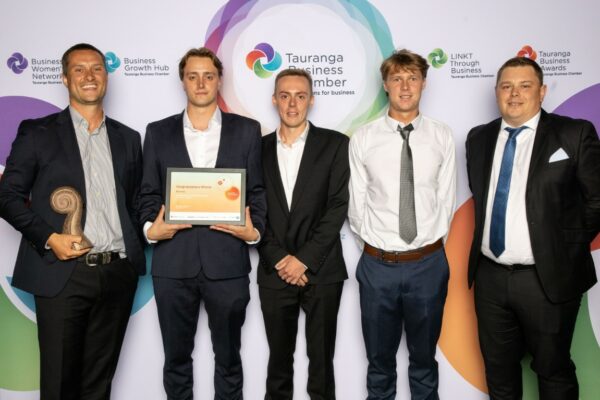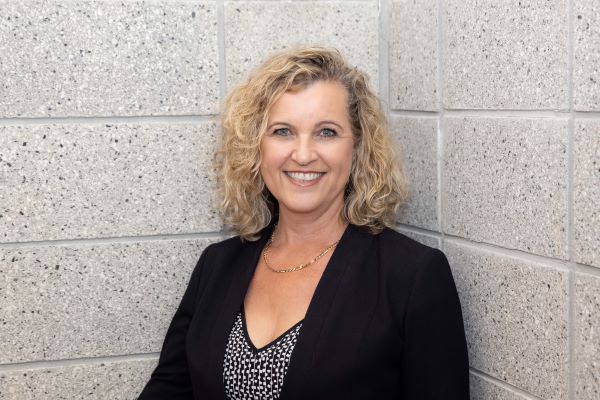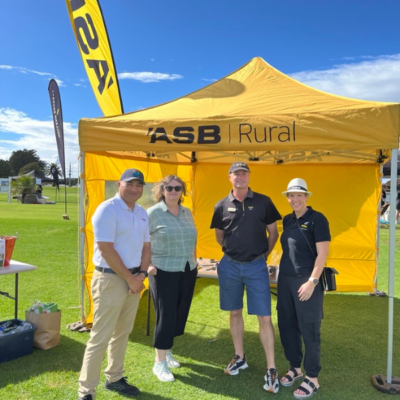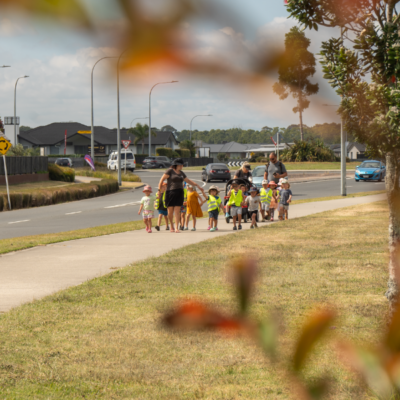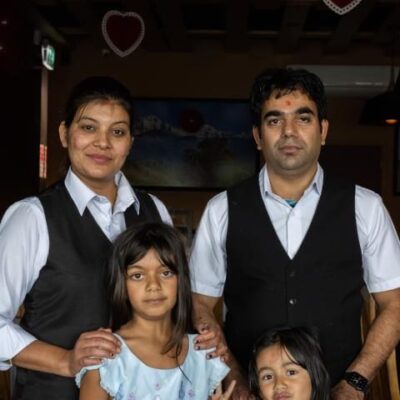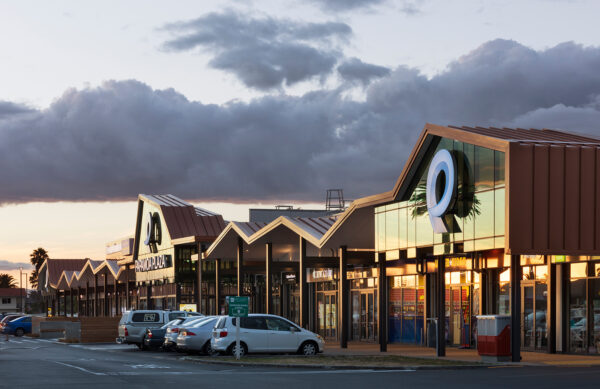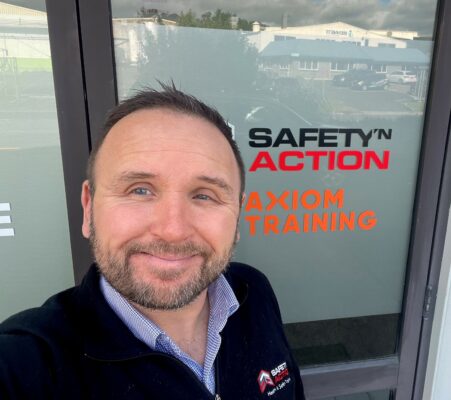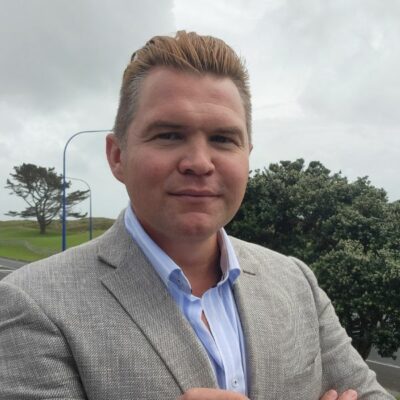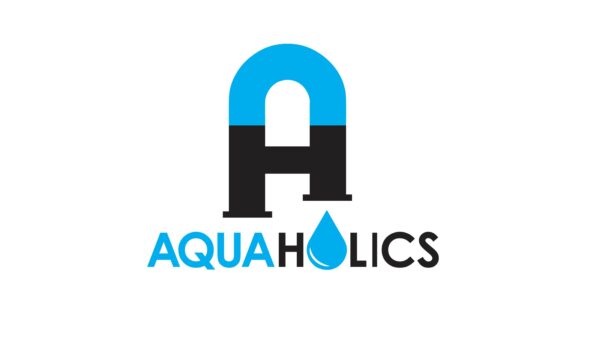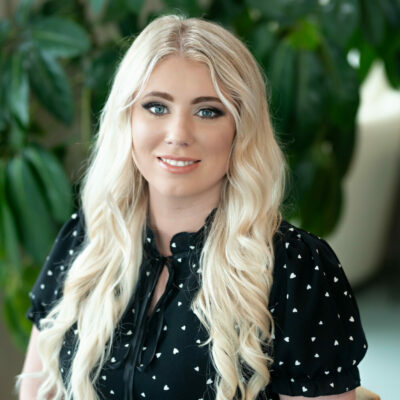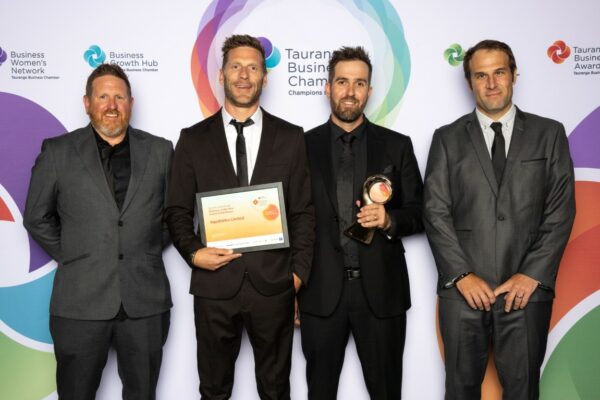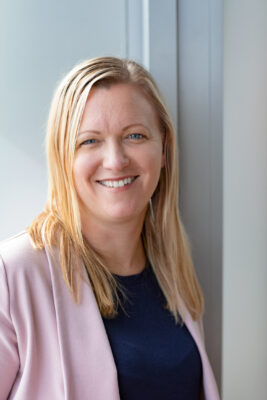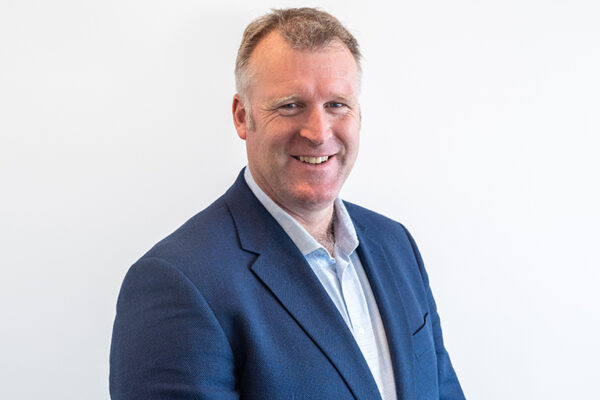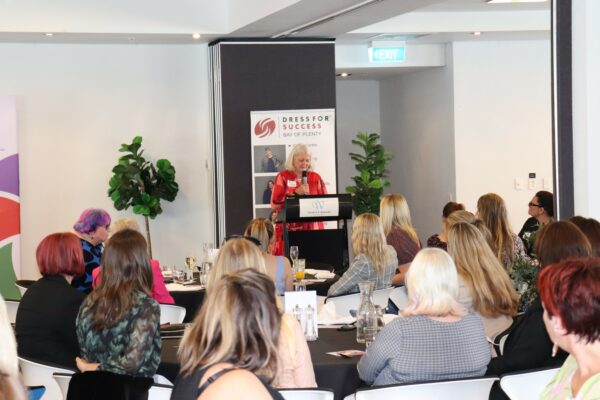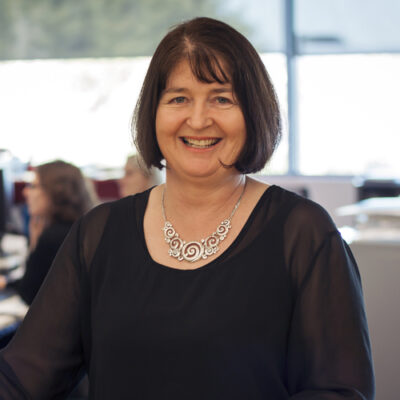Mental health and wellbeing in the workplace is an increasingly important and rapidly evolving facet of business.
There is a lot of public awareness around mental health issues, but for a long time these have been viewed as personal or domestic problems.
While this view is changing, and there are some great examples of progressive organisations looking after workplace psychological safety, the majority are still playing catch up.
Lindsey Rayner, Director at Humanex (formerly Partners & Co) says most organisations have some workplace policies in place relating to crisis and post-crisis services (EAP etc) – but most aren’t considering the advantage of preventative and early intervention strategies.
“We think this will change over time as organisations see greater psychosocial and financial ROI. We still have a long way to go though.”
Off the back of Mental Health Awareness Week, we spoke to Lindsey and fellow Director Kate Figgins about mental health awareness in the workplace and how a Mental Health First Aid programme can be of benefit to your team.
What are some of the common mental health challenges you see in businesses?
A blurred demarcation between work and personal pressure certainly increases the potential for a decline in overall mental health.
Organisations with strong people and culture strategies tend to have better job design (and a subsequent handle on balanced workload and moderating team/individual pressure); policies and procedures that support mental wellbeing and psychological safety; and ongoing training and support programmes that exceed current health and safety standards. Integration of mental health and wellbeing is a strategic decision that requires investment and commitment, it is not just a ‘nice to have’ component (unless that’s how you view your employees).
What is Mental Health First Aid? What does it mean to be an accredited provider?
Mental Health First Aid is a global programme that was inspired by the successful physical first aid model. Developed in Australia in 2000, it is regularly updated to ensure it is drawing upon the latest evidence base. The courses are internationally acclaimed and evidence-based, accredited training programs that empower and equip individuals with the knowledge, skills and confidence needed to support a friend, family member or co-worker experiencing a mental health problem or experiencing a crisis such as being suicidal.
Why is this something businesses need? How can it help them?
The focus of MHFA is on early intervention and as research suggests that the longer the delay between developing mental health problems and receiving appropriate support and treatment, the lengthier and more difficult the recovery process may be. The aim is to educate and empower individuals within the workplace so assessment and response can occur quickly at a peer-to-peer level. The programme is practical and effective and can reduce the need for external crisis and post crisis support.
It is also worth noting that NZIER (New Zealand Institute of Economic Research) shows investment in prevention and early intervention programmes have an average return on investment of 5:1, and in some instances up to 12:1 (traditional EAP services and post crisis services like counselling have an average return of 3.6:1). The greater ROI of prevention programmes is due to economies of scale (one to many versus one to one) and the proactive nature of the course. This reduces the overall costs for demand services like EAPs and counselling. Ideally, utilising both methods provides the greatest support.
Who can the Wellbeing Self-care box help?
The Kits are designed to remind people that their own personal wellbeing is vital. This is true for everyone, whether you are in a leadership role, front of house or group environment where collective wellbeing is important and self-care may be overlooked. They also bring a sense of practicality and usefulness to what can at times seem like an intangible concept (mindfulness, meditation etc). They are also just a really nice gift to receive and we hope people who receive them will take the time to focus on themselves, especially in uncertain times like this when spirits may be lower than normal.
What is it about mental health and wellbeing that you enjoy about your work?
Mental health and wellbeing is a complex personal, social and economic issue of concern for all of us. Modern society is presented with a myriad of stresses that can profoundly impact wellbeing, happiness, social participation, economic contribution and long-term life outcomes.
The work we do plays a unique and focused role within the broader mental health sector, offering targeted and proven services that are complementary of other mental health and wellbeing efforts. We get to work with a hugely diverse range of people and groups, and we get the unique opportunity to make positive inroads into a broad population issue. We enjoy the opportunity to improve lives, we enjoy the people we work with and we enjoy problem solving and the complexity of affecting positive social and cultural change.
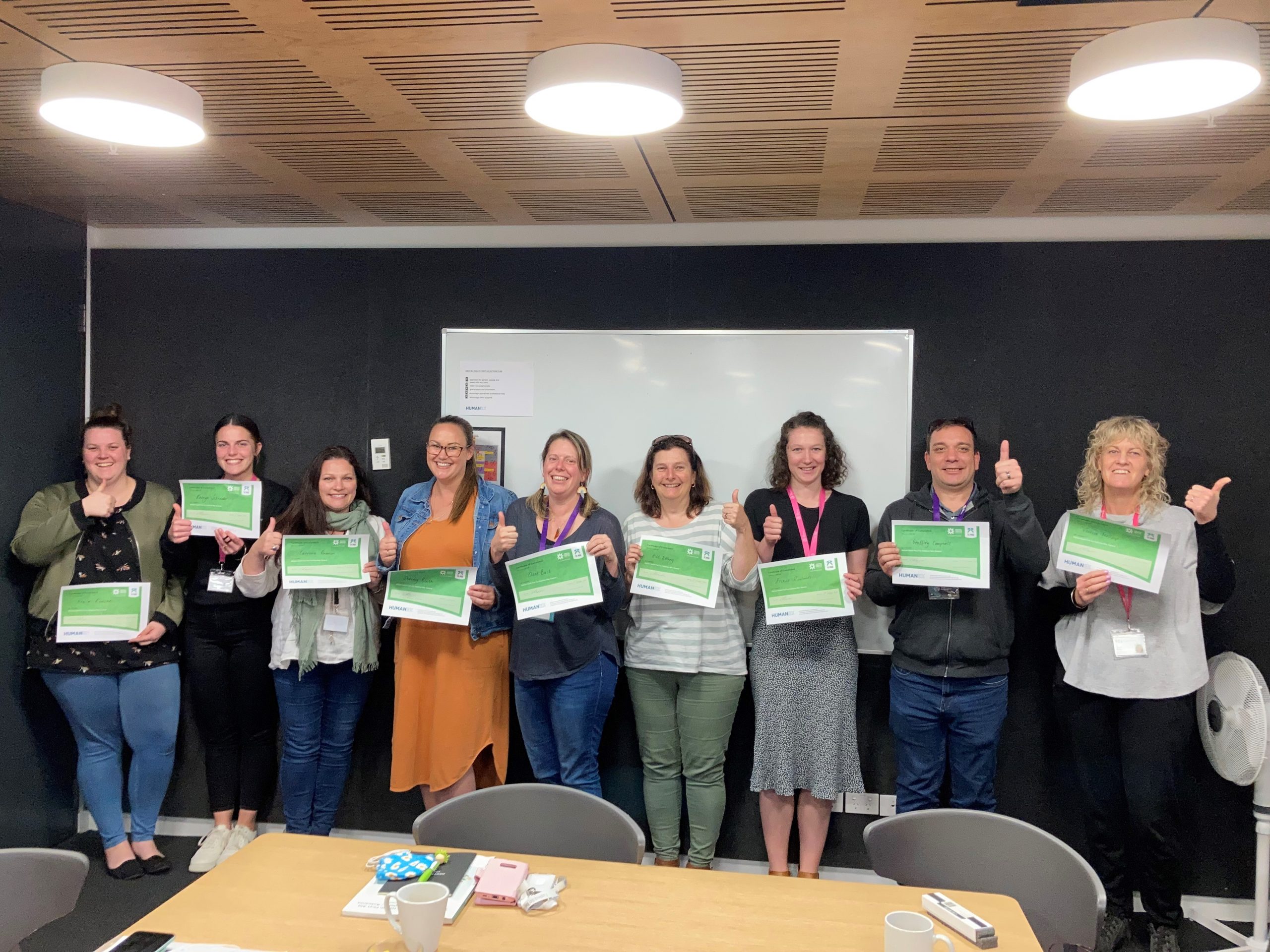
Why did you want to become a Mental Health First Aid accredited provider?
The World Health Organization (WHO) and the Global Burden of Disease study estimate that almost 800,000 people die from suicide every year. That’s one person every 40 seconds.
In New Zealand, The Health promotion Agency (HPA) estimates that one in five people will suffer from medium to high levels of mental distress, and this statistic is trending upward. We judiciously assessed a range of available mental health and psychological first aid courses both domestically and across the globe. We have faith that this programme and the International governing body of MHFA is the best-in-class providers of mental health first aid programs.
For this reason, we have aligned ourselves to the movement. We are equally excited to collaborate with Te Pou to ensure quality comprehensive delivery throughout New Zealand on a scale that has simply not been achieved to date. The values embodied by MHFA provides the perfect cornerstone to our wider strategic mental health and workplace wellbeing initiatives.
How do you manage your own mental health?
We are very fortunate that the observations, research and learnings we have experienced on this journey are extremely applicable in our lives. We constantly train and upskill so we can impart this knowledge to others, but we also actively use the skills in our own personal and professional environments.
We work with a wonderful group of people who equally understand the importance of mental health and wellbeing, so we consciously discuss our mental health (conversation is very important) and check in with each other for support. The other important part of our own mental health is knowing when to disconnect from the trade, being absent from work and present with our family and friends is as important as being focussed and driven by the mission of our work.
You recently underwent a rebrand to become Humanex – what prompted this?
The name Humanex is inclusive and embodies the whole human experience that is important to us as individuals and as an organisation. We wanted to create a brand which encompassed more that just wellbeing, and incorporated experience as it is part of every decision we make. We are a purposely driven, values-based organisation who are passionate about improving the wellbeing of our people in Aotearoa.
The name and our work is strategic and holistic at the same time, very much aligned to the concept Hauora (whole person wellbeing). It all starts with the mind but thriving is very much a total human concept.
Anything else you would like to add?
Humanex is an accredited provider of the Mental Health First Aid (MHFA) NZ curriculum, we are driven to have a trained and certified mental health first aider in every organisation in New Zealand. At a broader community level, we aim to have one in 10 people in New Zealand trained by 2030.
Our wider organisational mission is to provide high quality, evidence-based mental health and wellbeing education, training and resources to all New Zealanders (within the context of prevention and early intervention stages of the mental health spectrum), and, to campaign and advocate for improved mental health and wellbeing initiatives in New Zealand. Delivery of the MHFA curriculum is the first step in a journey to improve the mental wellbeing of the nation.
For more information on our workshops and courses please visit www.humanex.nz
Want more top tips, advice and insights? Check out our news section.
